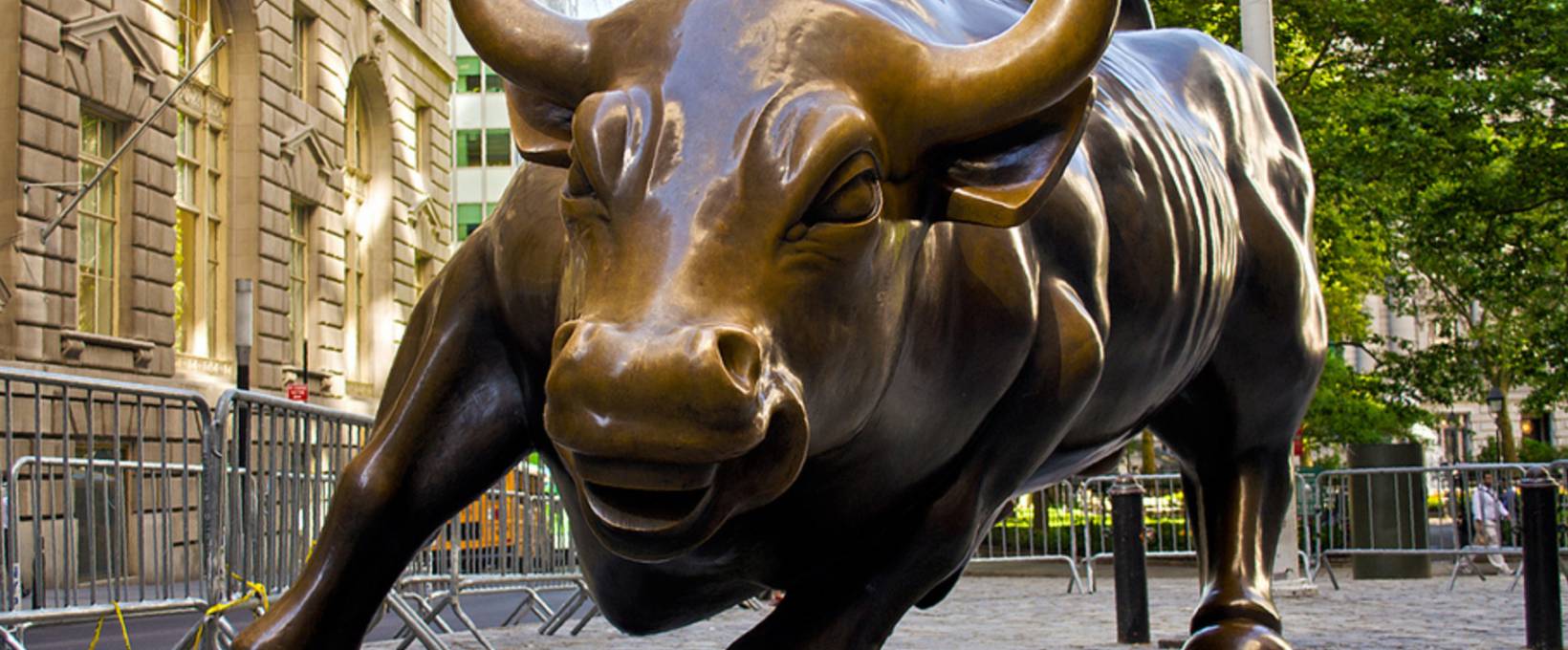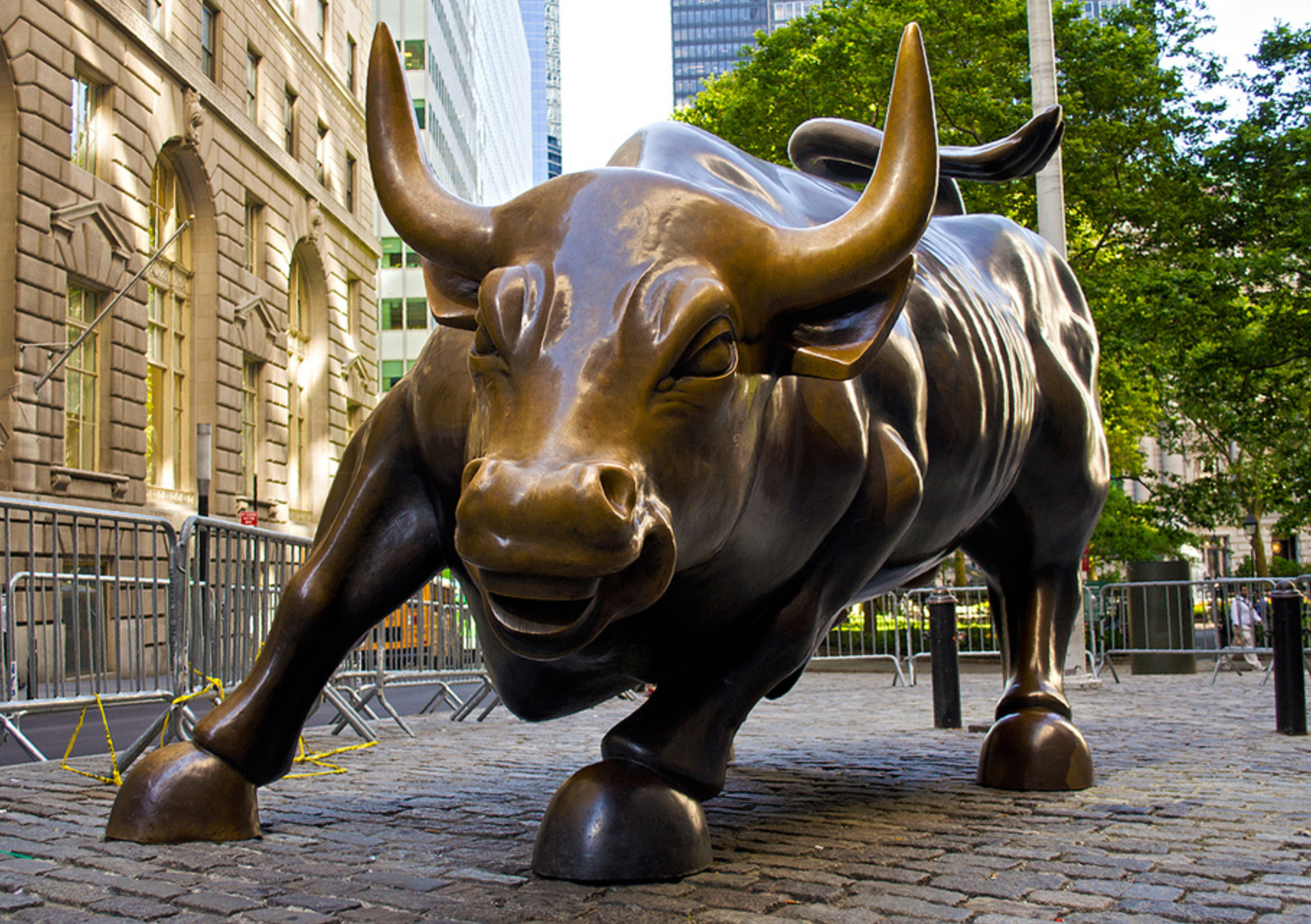
Het is de vraag die Mohamed El-Erian van PIMCO hardop durft te stellen in zijn jongste analyse. In de afgelopen jaren zijn de moderne centrale banken verder gegaan dan ooit te voren met hun monetaire ingrepen en wellicht hebben we de limieten van ons financiële systeem stilaan bereikt. De balansen van de centrale banken zijn volgestouwd met waardeloze overheidsschulden, dus de vraag dringt zich op: wat gebeurt er indien deze ‘lenders of last resort‘ niet meer goed zijn voor hun geld?  El-Erian besluit als volgt:
El-Erian besluit als volgt:
I think that we have reached the legitimate point of – and the need for – much greater debate on whether the benefits of such unusual central bank activism sufficiently justify the costs and risks. This is not an issue of central banks’ desire to do good in a world facing an “unusually uncertain” outlook. Rather, it relates to questions about diminishing returns and the eroding potency of the current policy stances. Fundamentally, what is increasingly in play today is the set of challenges facing central banks’ tool kit in a world that also confronts meaningful structural (as opposed to just cyclical) and solvency headwinds. This is about the balance between continued benefits and unintended consequences/collateral damage. It also speaks to the extent to which the crutches of unusual central bank activism risk being treated as substitutes for actions by other policymaking entities, politicians, businesses and capital markets. In sum, it is about the concept of sustainability – not only for economies but also for central banks as healthy, credible and politically robust institutions in our national, regional and global economies.
El-Erian heeft de moed om de moeilijke en wellicht onafwendbare vraag te stellen. Maar spijtig genoeg eindigt zijn betoog ook met een open vraag en een verdoken noodkreet:
The welfare of millions in the United States, if not billions of people around the world, will have suffered greatly if central banks end up in the unpleasant position of having to clean up after a parade of advanced nations that headed straight into a global recession and a disorderly debt deflation. Let us therefore hope that central banks will, instead, find themselves part of a much broader policy effort headed toward high sustainable growth, ample job creation, less income and wealth inequality and financial soundness.
We hebben nieuws voor El-Erian… ‘hoop’ is geen investeringsstrategie, Mohamed!